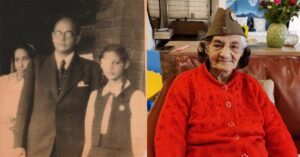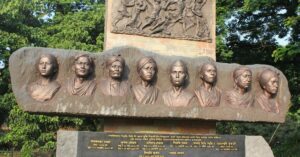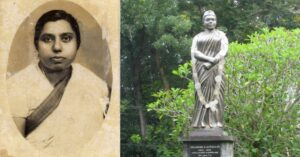The Untold Story of Comrade Sak, the ‘Most Important Nationalist’ Outside India
In Britain, he is remembered as a titan of the Communist movement. The Communist Party of Great Britain (Marxist–Leninist)’s main hall in London, located a few streets away from Ambedkar Hall, is named after him.

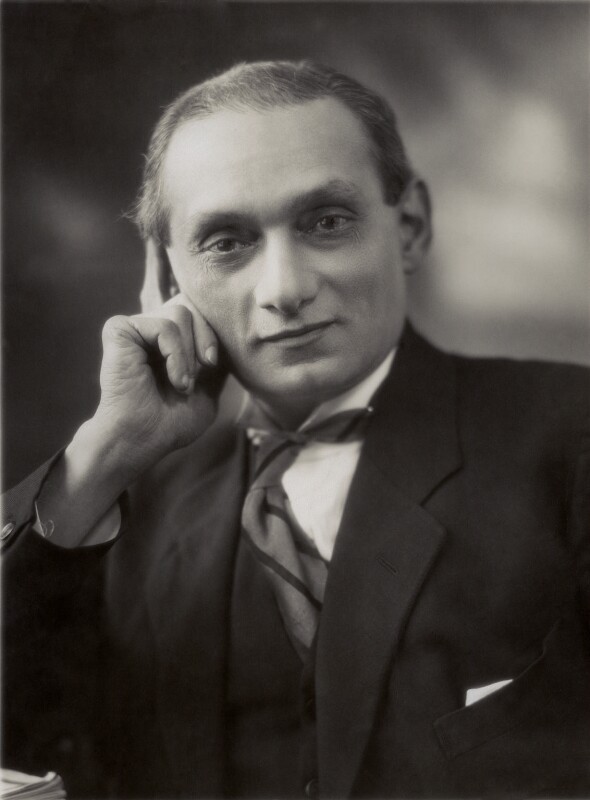
Photo Source
In 1936, when Shapurji Saklatvala died, Jawaharlal Nehru referred to him as “the most important nationalist figure outside the country”.
And yet, when I mentioned to someone this morning, that I was working on a piece about Shapurji’s life, I was asked who he was.
While learning about the freedom struggle, we have mostly read about the contribution of leaders within the country. In this article, we look at “Comrade Sak”, who despite living in London, a two-time British MP no less, chose to be an integral part of the freedom struggle. He was the third Asian to be elected as MP, and also the first from the British Communist Party – elected by the working class South London population.
One might wonder how an Indian found himself a position in the British Parliament. He reportedly said, “In this country, no political progress can be made, except through the channels of one of the existing parties.”
Early years
Shapurji was born on March 28th, 1874, in Mumbai (then Bombay), to a cotton merchant, Dorabji Saklatvala and Jerbai. Jerbai was Jamsetji Nusserwanji Tata’s younger sister.
From his early years, Shapurji was drawn towards the cause of India’s freedom. It is reported that he espoused the cause with such vigour that the British authorities suggested to the Tatas that a change of climate would be good for him.
Life in England
Using his bout of malaria as an excuse, the Tatas bundled him off to England in 1905, hoping that the change in scenery would wean him away from the freedom struggle. They could not have been more wrong, as he continued his struggles from Britain!
In 1907, while he was recovering from malaria, he was living at a health spa where he met and married Sally Marsh, a waitress at the spa.
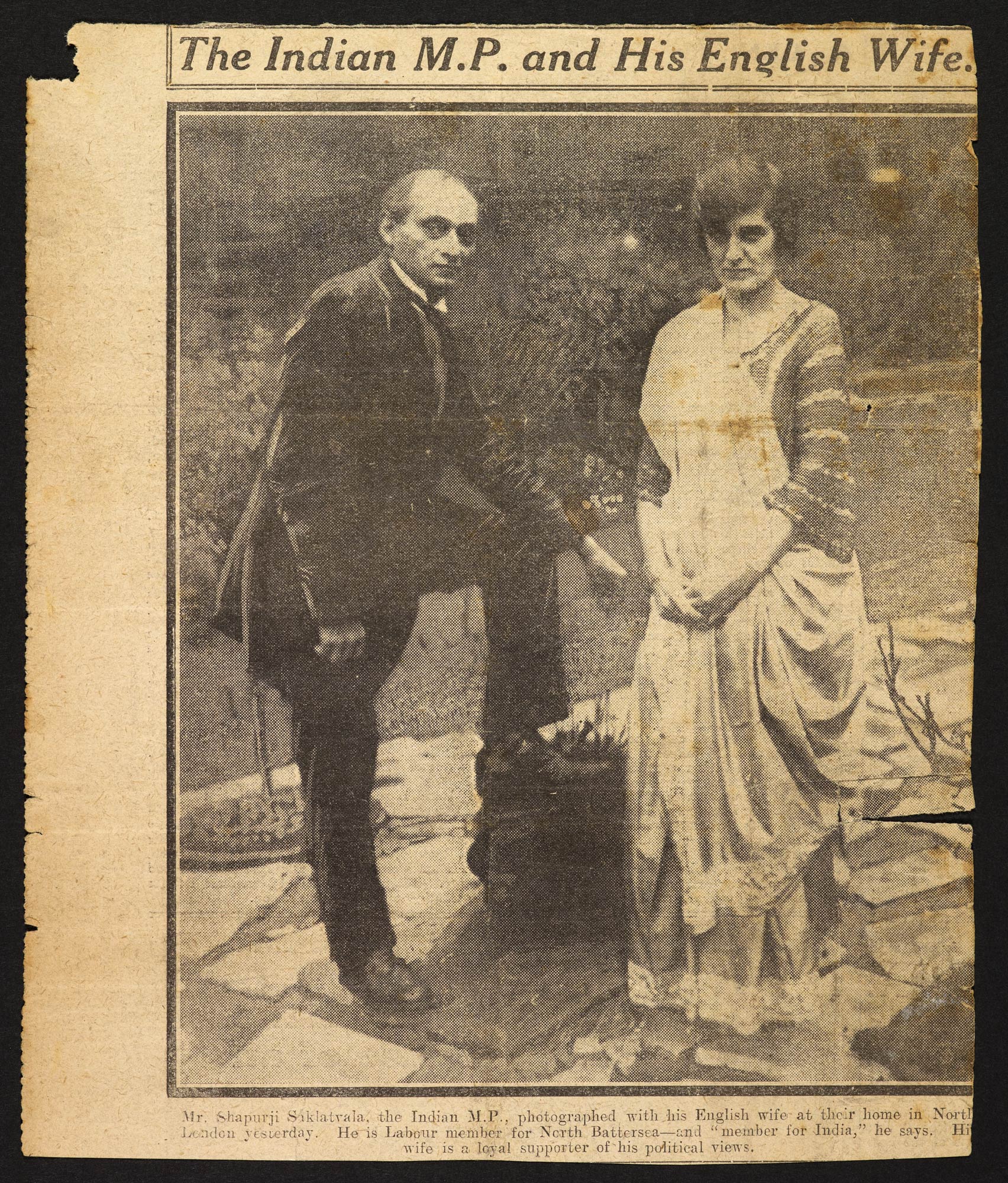
It was through her that he got a sense of how the working class in England lived.
At the beginning of the 20th-century, surveys showed that 25 per cent of Britain’s population were living in poverty. They found that at least 15 per cent were living at subsistence level. They had just enough money for food, rent, fuel and clothes. They could not afford “luxuries” such as newspapers or public transport. About 10 per cent were living below subsistence level and could not afford an adequate diet.
This changed in 1906 when the liberal government was elected and some reforms were brought. From that year, poor children were given free school meals.
In January 1909, the first old age pensions were paid. They were hardly generous – only five shillings a week – which was a paltry sum even in those days and they were only paid to people over 70. Nevertheless, it was a start.
Political career in Britain
After spending many years with the Liberals and the Independent Labor Party, he realised that neither would grant independence to India. Thus, he joined the newly-formed Communist Party of Britain in 1921 because he felt it had global appeal and a more radical approach towards the freedom struggle.
Shapurji championed workers’ rights and Indian independence both in and out of the Commons.
A formidable orator, following a speech in Hyde Park at the start of the General Strike in 1926, he was arrested and sentenced to imprisonment for two months for sedition.
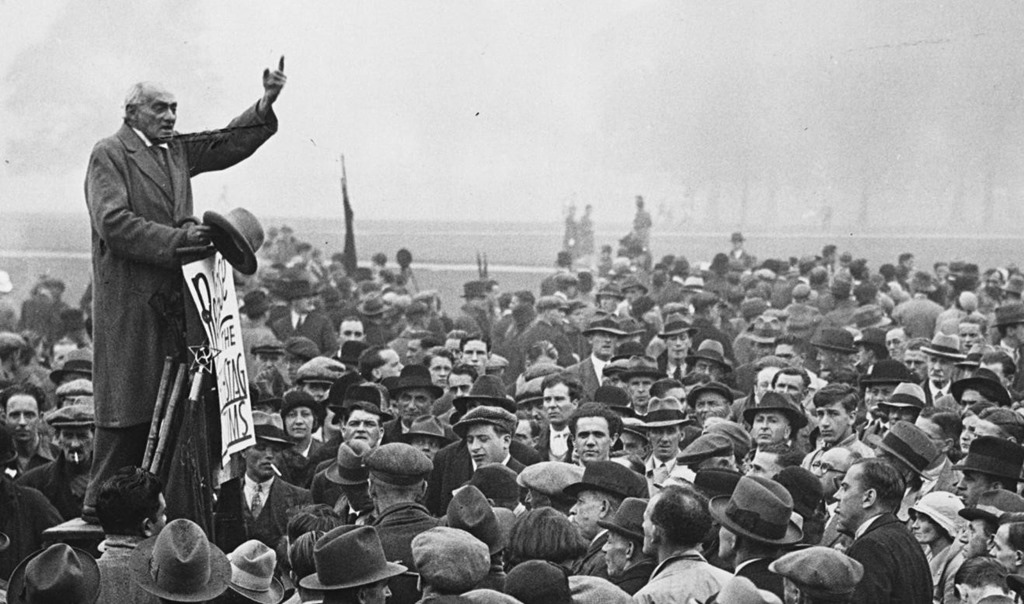
Photo Source
His fiery speeches and fearless demonstrations caused him to be hounded by the police and the politicians. After a widely successful speaking tour of India in 1927, he was banned by the then Conservative government in England to travel to India – a ban that the Labor party, which was elected two years later, also upheld. He lost the general elections in 1929, after which he never returned to the Parliament.
To put his achievement in perspective, the next time a “non-White” person was elected to the British parliament was in 1987.
In Britain, he is remembered as a titan of the Communist movement. The Communist Party of Great Britain (Marxist–Leninist)’s main hall in London, located a few streets away from Ambedkar Hall, is named after him.
In The Fifth Commandment, a biography of Shapurji Saklatvala written by Sehri Saklatvala, Shapurji’s youngest daughter, writes, “The charitable and benevolent community of Parsis, to which he belonged, always sought to alleviate the distress of the poor. This was not enough for Shapurji. He sought not to alleviate but to eliminate poverty entirely; and not only in India but all over the world.”
He died on January 16, 1936, in London after suffering a heart attack. It was rather unfortunate that he did not live to see India achieve Independence.
(Edited by Shruti Singhal)
You May Also Like: The Forgotten Story of the Freedom Fighter Who Spent 14 Years in a Portuguese Prison
Like this story? Or have something to share?
Write to us: [email protected]
Connect with us on Facebook and Twitter.
This story made me
- 97
- 121
- 89
- 167
Tell Us More
We bring stories straight from the heart of India, to inspire millions and create a wave of impact. Our positive movement is growing bigger everyday, and we would love for you to join it.
Please contribute whatever you can, every little penny helps our team in bringing you more stories that support dreams and spread hope.






